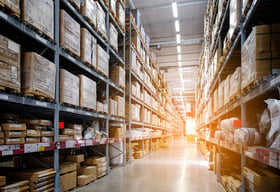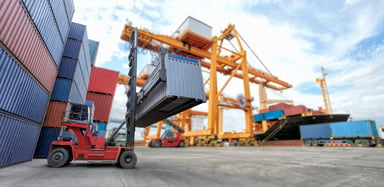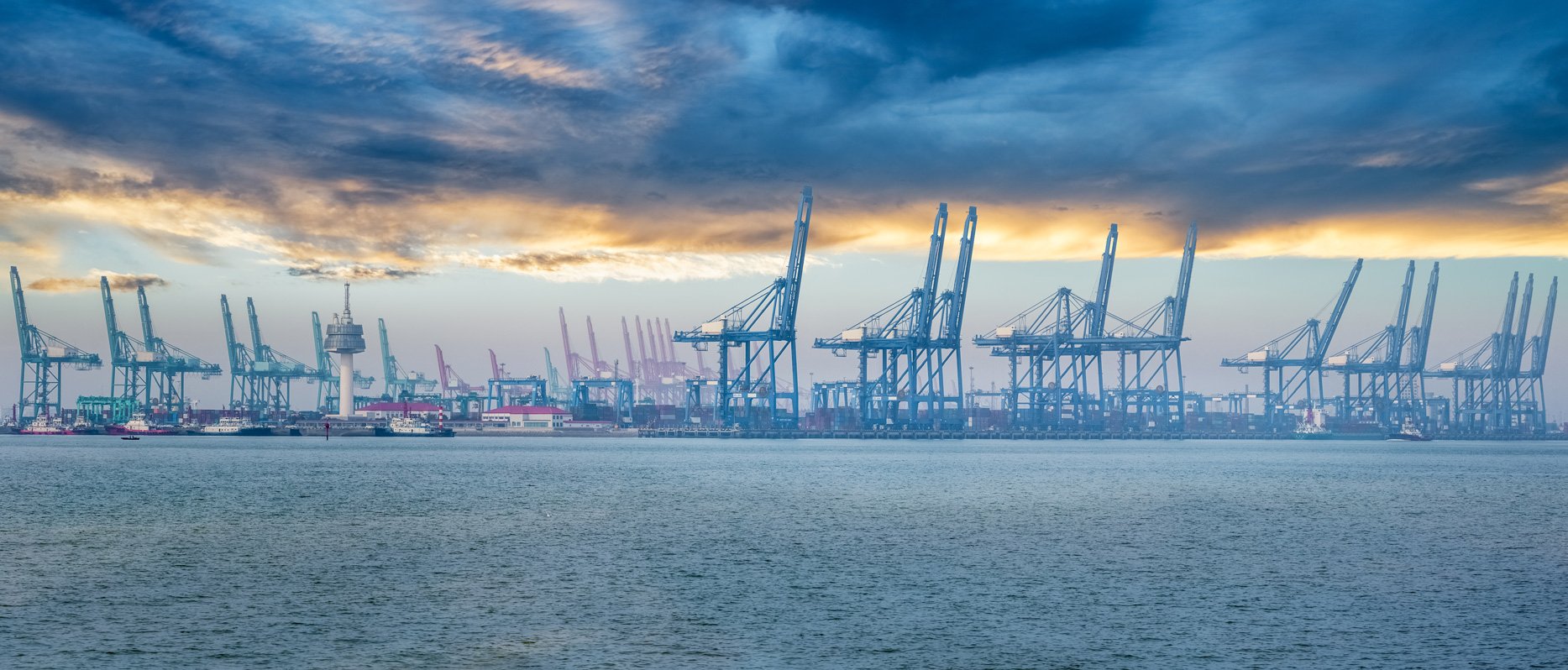
Third Party Logistics

Home > Freight Glossary > Third Party Logistics
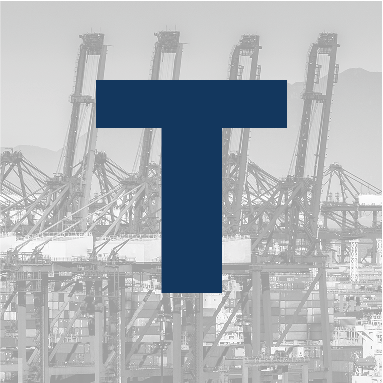
Trending
What is Third Party Logistics?
Third Party Logistics, often abbreviated as 3PL, refers to outsourcing logistics and supply chain management activities to specialized service providers. These activities can include transportation, warehousing, inventory management, order fulfillment, and distribution. By leveraging the expertise of 3PL logistics services, companies can streamline operations and focus on their core business.
Key Components of 3PL Logistics Services
Warehousing, Distribution, and Fulfillment
A crucial aspect of 3PL logistics services is the management of warehousing, distribution, and fulfillment. 3PL warehouses are equipped to store products safely and efficiently, while third party distribution ensures timely and accurate delivery to end customers. Fulfillment services, particularly 3PL fulfillment, handle the complete process from order receipt to delivery, enhancing customer satisfaction.
Specialized Services: Drop Shipping and E-Commerce Fulfillment
3PL providers often offer specialized services such as drop shipping and e-commerce fulfillment. Drop shipping allows businesses to ship products directly from the supplier to the customer, eliminating the need for inventory storage. E-commerce fulfillment, on the other hand, is tailored to online retailers, ensuring quick and accurate delivery of orders.
Benefits of Using 3PL Services
Cost Efficiency and Scalability
One of the primary benefits of 3PL services is cost efficiency. By outsourcing logistics functions, businesses can reduce overhead costs associated with warehousing, transportation, and labor. Moreover, 3PL providers offer scalable solutions that can grow with your business, ensuring you only pay for the services you need.
Expertise and Flexibility in Logistics Management
3PL providers bring a wealth of expertise to logistics management, offering insights and best practices that can enhance efficiency. Their flexibility allows businesses to adapt quickly to changing market conditions and customer demands.
Types of 3PL Providers
Standard 3PL Providers vs. Service Developers
Standard 3PL providers offer basic logistics services such as transportation and warehousing. Service developers, however, provide advanced services including IT solutions, cross-docking, and specific product handling.
Customer Adapters and Customer Developers
Customer adapters manage logistics functions on behalf of the client, while customer developers take it a step further by integrating deeply into the client's logistics operations, often managing the entire supply chain.
Industries Served by 3PL
General Merchandise and E-Commerce
3PL services are widely used in the general merchandise and e-commerce sectors. They provide efficient warehousing, order fulfillment, and distribution solutions that cater to the fast-paced demands of online retail.
Pharmaceutical 3PL
Pharmaceutical 3PL providers specialize in handling sensitive and regulated products, ensuring compliance with industry standards and delivering products safely and securely.
3PL for Small Business
Small businesses benefit from 3PL services by accessing the same level of logistics expertise and infrastructure as larger companies, enabling them to compete effectively in the market.
Technological Integration in 3PL
Importance of IT and Automation in 3PL Services
Technology plays a vital role in modern 3PL services. Advanced IT systems and automation enhance accuracy, efficiency, and transparency in logistics operations.
3PL Integration with Client Systems
Seamless integration with client systems is crucial for real-time data exchange and coordination. This integration enables better inventory management, order processing, and customer service.
3PL Supply Chain Management
Enhancing Supply Chain Efficiency Through 3PL
3PL providers contribute significantly to supply chain efficiency by optimizing transportation routes, reducing lead times, and improving inventory management.
3PL Warehouse Management Systems
Effective warehouse management systems (WMS) are essential for managing inventory, picking, packing, and shipping processes within 3PL warehouses.
Financial and Operational Metrics
Key Performance Indicators for 3PL Services
Key performance indicators (KPIs) such as order accuracy, delivery times, and inventory turnover are essential for measuring the effectiveness of 3PL services.
Cost Analysis: 3PL vs. In-House Logistics
A thorough cost analysis comparing 3PL services with in-house logistics can reveal significant savings and operational benefits, making it easier for businesses to decide on outsourcing.
Choosing the Right 3PL Provider
Criteria for Selecting a 3PL Provider
When choosing a 3PL provider, consider factors such as industry experience, service offerings, technology capabilities, and customer reviews.
Partnership Strategies and Contract Considerations
Establishing a strong partnership with your 3PL provider involves clear communication, setting mutual goals, and detailed contract considerations to ensure alignment and accountability.
Challenges and Risks Associated with 3PL
While 3PL services offer numerous benefits, they also come with challenges such as dependency on the provider, potential communication gaps, and the need for continuous monitoring and management to ensure service quality.
By understanding the intricacies of third party logistics, businesses can make informed decisions about outsourcing their logistics functions, ultimately enhancing efficiency, reducing costs, and improving customer satisfaction.
Contact
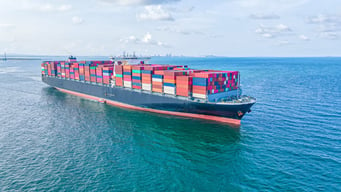
Ocean Freight

Road Freight

Connect with Our Logistics Experts
Choose the specialized line for your specific cargo needs. Our dedicated teams are standing by to assist you in real-time


